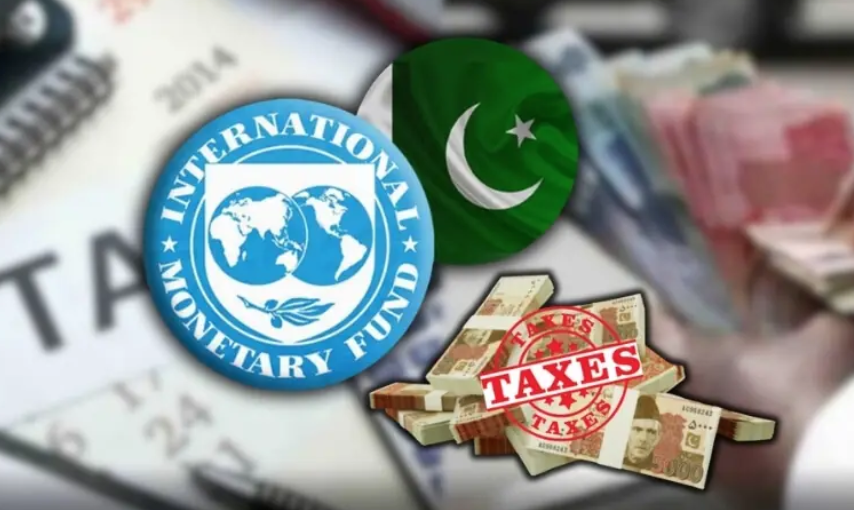TRADE & ECONOMY

The federal government has assured the International Monetary Fund (IMF) that it will introduce additional tax measures worth Rs200 billion to meet revenue targets and achieve the agreed budget surplus.
According to official sources, the government plans to impose new taxes and raise existing rates to address the shortfall in revenue collection during the current fiscal year.
Sources revealed that among the key proposals under consideration is an increase in the withholding tax on cash withdrawals from banks, from 0.6% to 1.5%, which could generate an additional Rs30 billion from inactive taxpayers.
The government is also weighing options to raise withholding taxes on landline and mobile phone usage, from 10% to 12.5% and 15% to 17.5%, respectively. Additionally, a proposal has been made to raise sales tax on solar panels from 10% to 18%, a move that could have implications for the renewable energy sector.
Another major proposal includes a 16% federal excise duty on biscuits and sweets, expected to generate around Rs70 billion in additional revenue.
The Federal Board of Revenue (FBR) is facing a revenue shortfall of Rs198 billion, having collected Rs36.5 trillion so far this fiscal year. To bridge the gap, the FBR has been tasked with implementing various tax options to raise an extra Rs225 billion before the year’s end.
Sources said the IMF rejected Pakistan’s request to revise down its revenue target during recent negotiations. As a result, the government assured the Fund that further fiscal tightening and new taxation measures will be implemented if revenue remains below expectations.
Meanwhile, the provincial governments of Sindh and Punjab have postponed plans to increase agricultural income taxes, a move seen as politically sensitive amid rising inflation and economic strain on farmers.
Economists warn that while the new tax measures may help meet IMF requirements, they could further burden consumers and slow down economic recovery, especially given the impact of higher taxes on utilities and essential goods.




